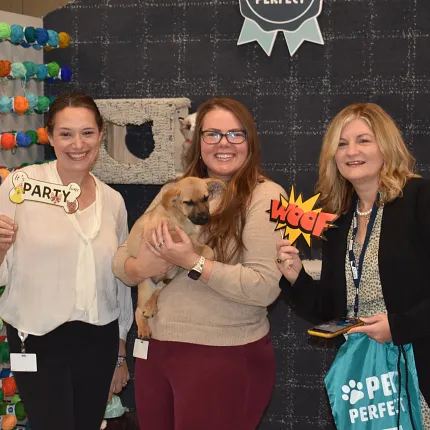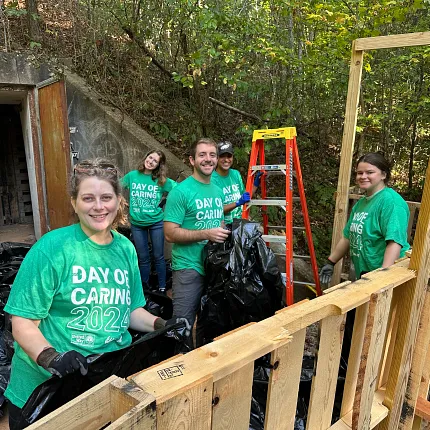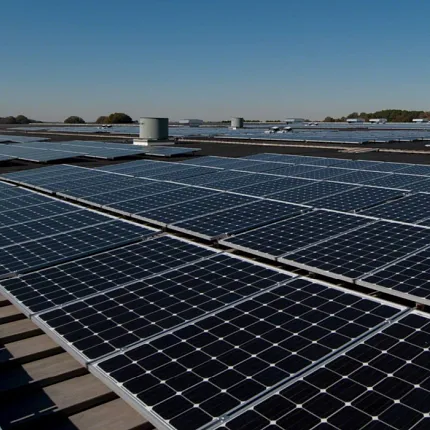Why Shaw Floors?
Shaw Floors offers solutions for every home and lifestyle, serving as the foundation for the spaces where you live and create lasting memories.
Who We Are
Vision
Creating a better future: for our customers, for our people, for our company and for our communities.
Mission
Great people. great products. great service. always.
Values
Honesty, integrity, passion.
A Legacy of Service, Innovation, and Passion for People
As the flagship residential brand of Shaw Industries, Shaw Floors leverages more than 50 years of product expertise to offer a comprehensive total flooring solutions portfolio with leading choices in carpet, hardwood, laminate, luxury vinyl, and tile and stone.
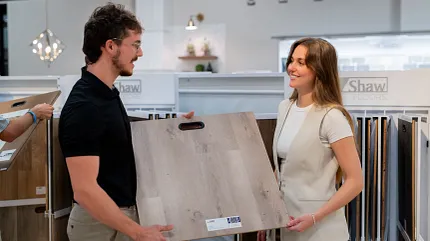
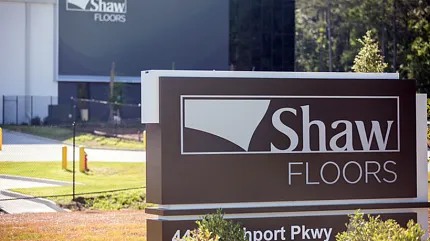
Shaw Floors History
Shaw Floors started in Dalton, Ga., in 1967—and the rest is history! For decades, we’ve proudly led the way in innovation and service, helping the industry thrive and create opportunities in communities across North America.
Creating a Better Future
Check out how we support our local communities.



